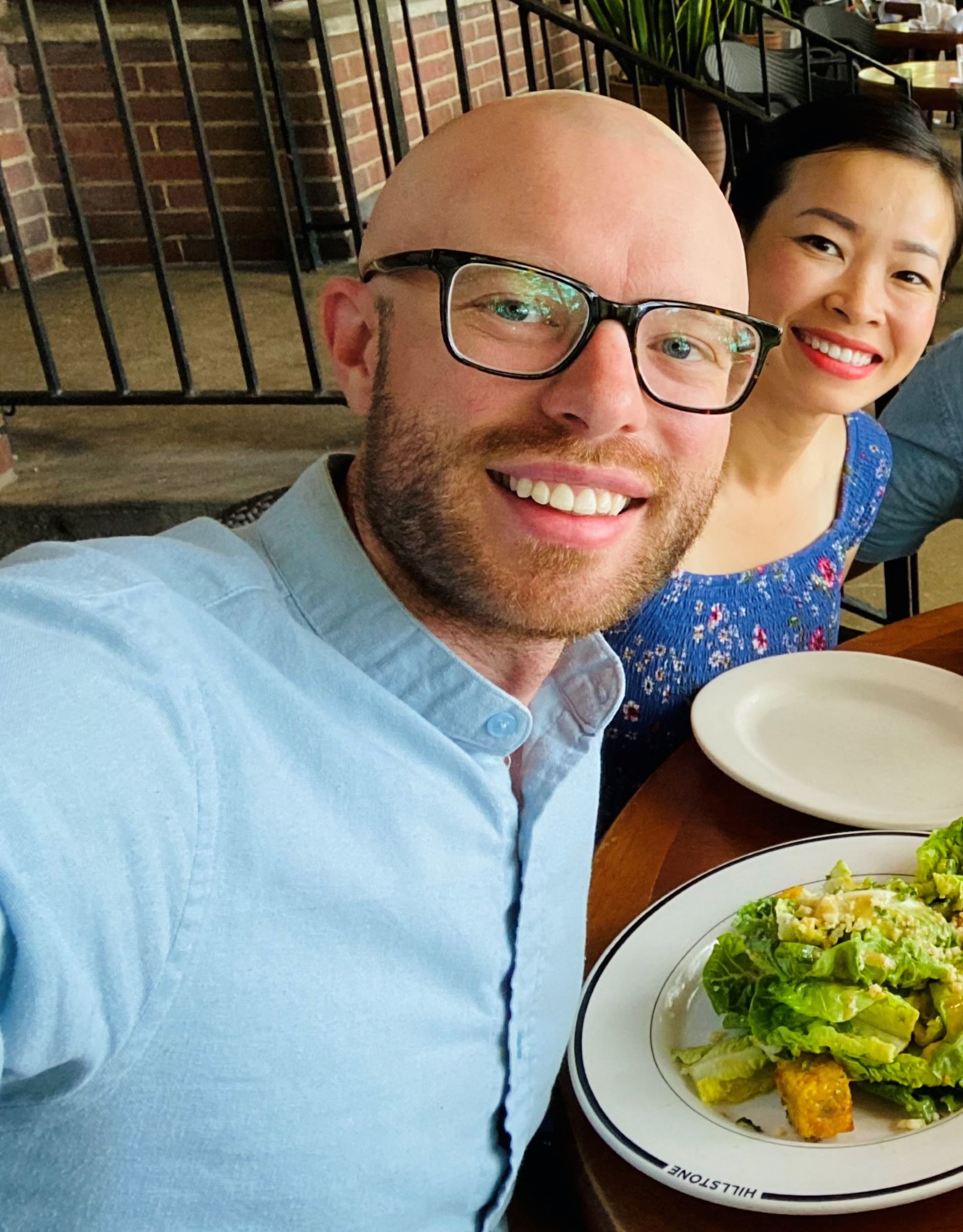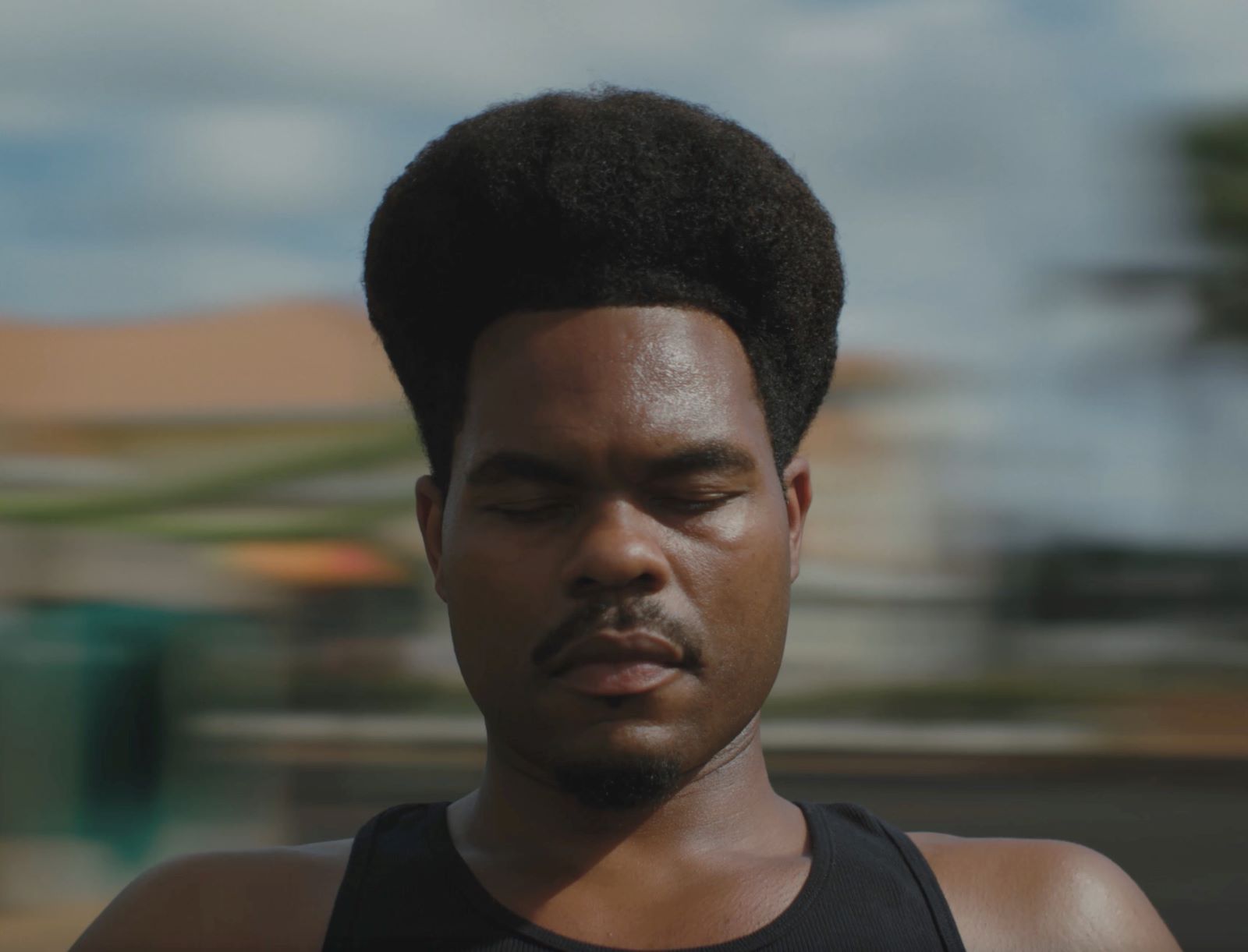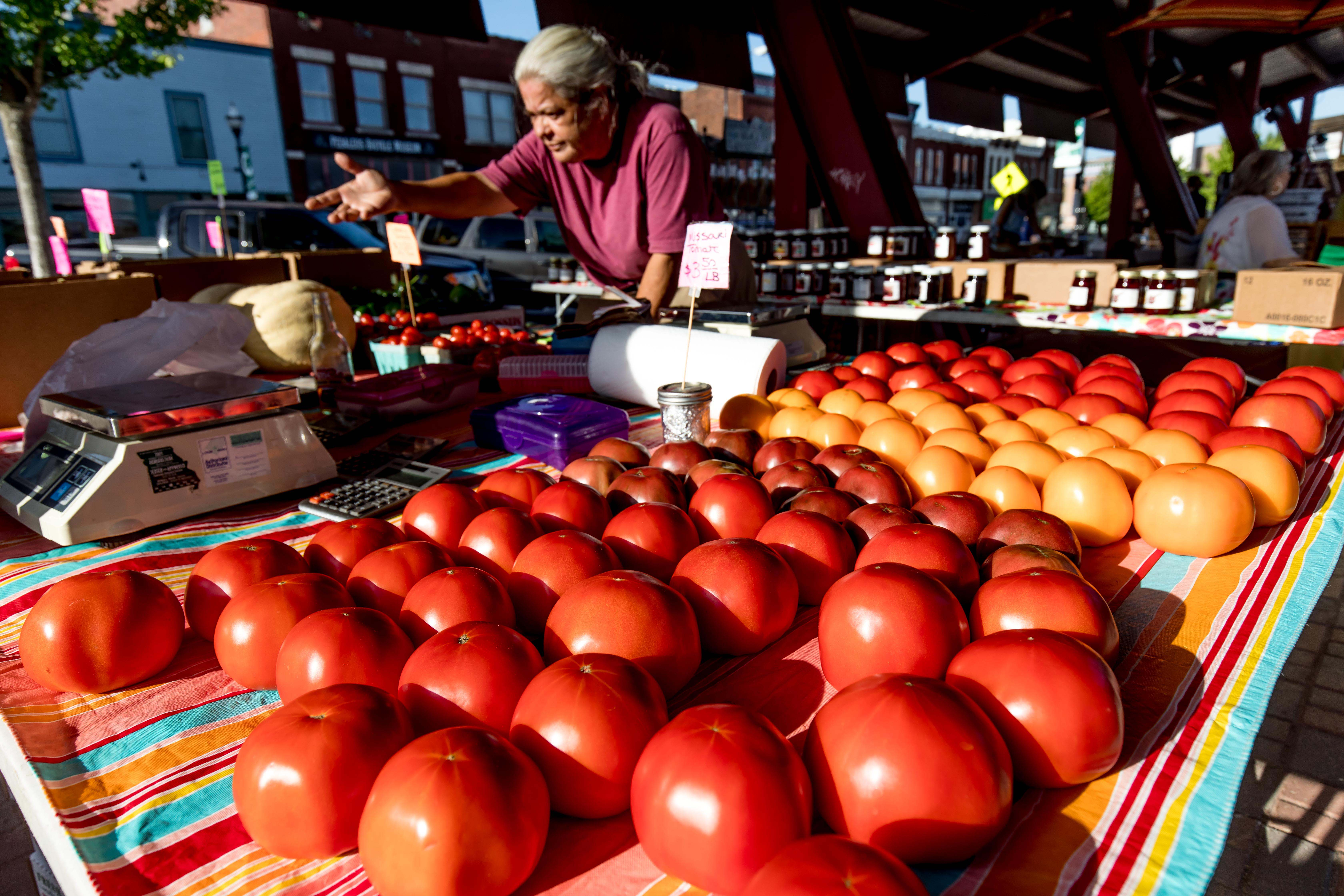Larnelle Foster used to work in entertainment in New York City and Los Angeles, but he felt lucky to be in Springfield when the writers’ strike and actors’ strike halted productions in 2023.
“It was a godsend to be here and to feel like, ‘I don't have to panic,’” Foster said. “There was nothing to actually work on in LA for many, many months. I have friends who were like, ‘What am I going to do?’”
Foster spent years working in management and sales at an agency in New York, beginning in 2005, before a promotion in 2011 sent him to Los Angeles.
New York and LA sound glitzy, but Foster discovered he can better run his own production business out of Springfield.
Turning ideas into movies
Foster and his relatives run Big Momma’s Coffee and Espresso Bar, Queen City Soul Kitchen, and Q Enoteca, a wine bar and event space.
“Ultimately, these are family-owned, Black-owned businesses, and that’s what we try to lean more into these days,” Foster said.
Foster primarily handles Q Enoteca while also working as an independent producer. He helps clients develop projects for television and film.
It sounds hectic, but he says it isn’t because he works efficiently and isn’t afraid to delegate. He also doesn’t overcommit, even if it is fashionable.
“Everybody likes this idea of saying they're busy: I'd never want to say I'm busy. I’m not busy!” he said.
How it works
Even with his commitment to balance, Foster has plenty to do. Because there are different kinds of entertainment producers, he spent some time describing his work.
For instance, perhaps he has a client who wants to make a film involving characters who want to buy a house in Springfield. Foster will ask questions:
“I'm gonna talk to you about it, like, ‘Okay, tell me more about the characters — are they female? Are they male? Are they African-American, or Caucasian? And like, what kind of house are they trying to buy?’”
He also might push back on the client:
“I know you said 1950, but would it be more interesting if it's in the 1980s?”
Maybe the client really wants a 1950s setting. Foster will request 20 pages of the script to help coax out the storyline. Foster spends time getting to know his clients, and it pays off in deeper friendships and better creative output.
“I think the better you know someone, the more in tune you are with their voice,” he said.
That relationship can help the writer and producer pinpoint the project’s purpose, flesh out characters and create points of view.
“What made you create this character in the first place?” Foster said rhetorically. “Was there something that you want to say that this female character can say better than you?”
Foster also understands that creating can be vulnerable, so he has to create trust in his creative partnerships.
“If you (as a client) don't feel safe or comfortable with the person you're talking to about it, you're gonna shut down or close off if they want to go there,” he said.
‘Tis the season to submit films to festivals

Foster recently submitted a project to film festivals. The hope is that a distribution company will buy it and screen it widely. Although it wasn’t produced locally, Foster connected with the filmmakers in Springfield — with a little familial help.
“Aaron Inman and Rose Nguyen came to Springfield because they wanted to cover the African-American Heritage Trail, and someone told them that they should meet my father (Lyle) because he was involved in it,” Foster said.
Lyle Foster suggested the two meet his son, and they spent hours talking. Larnelle focuses on narrative films, while the couple was working on a documentary. Inman asked if he could send Foster a short narrative film he’d made called “Shepherd.”
Foster was blown away.
“I was like, ‘That should be a feature film.’ And then I went a couple years later to Florida and we filmed it. And that's the one that we just submitted to festivals, still titled ‘Shepherd.’”
It’s about a minister’s crisis of faith after a tragedy and stars Julian Gant. It’s not to be confused with “The Shepherd,” a new short film featuring a former A-Lister currently starring as a disco-loving Santa in Capitol One commercials.
“Travolta is not in this one,” Foster said dryly.

What is success, anyway?
Foster enjoys traveling, but he can do most of this work from Springfield. He can meet with casting directors on Zoom and watch videos of auditions.
“The screening part is probably the only thing that I miss, because it's cool to go to a theater and see a movie and be amongst your people,” Foster said.
Still, Foster was ready to return to the Midwest when he moved to Springfield in 2017. He grew up in Evanston, Illinois, and attended Northwestern University. His dad, Lyle, asked Larnelle to develop the lofts above Q Enoteca.
“I got to a point — you know, it's easier to tell the truth in your 40s — I was broke. I couldn’t afford to live in LA and I wasn't even happy,” he said. “Nothing was great, and it took a long time to be able to even admit that because you feel like a failure.”
Foster is also aware that his idea of success needs to come from within.
“It’s like, maybe I had this idea that I needed to be living in a house in the hills in Los Angeles, because I heard that from someone else,” Foster said. “But I didn’t create that for me. It's like, for all I know, the better dream is to live in my cool loft in Springfield.”
He also appreciates time with family as everyone ages.
“I think our parents — at least to me — are annoying when we're younger,” Foster said. “Now it's easier to understand that they're human. They’re people.”
Fostering community in the 417

Foster said he likes the feel of Springfield, where he’s prone to run into friends at coffee shops.
“When I have been in bigger cities, my closest friends are my closest friends. But I'm not a part of a community there,” he said.
Foster spends a lot of time on Commercial Street, and hopes more people check it out.
“We do really well on the weekends during the day when the Farmer's Market is open or people are just wanting to walk in, but we don't have a lot of evening foot traffic,” he said. “Part of it is on us, and I do think people still don't think about Commercial Street.”

He markets Q Enoteca as an event space in addition to a wine bar. He hosts community gatherings and parties, and calls November and December his busiest seasons.
In October, Foster rented out the space for a Halloween haunted house. He still had to clean it up when a deejay arrived to set up equipment before a birthday party. Foster briefly left to handle some business and returned to a surprise.
“He was mopping the floor,” Foster said of the disc jockey. “He was like, ‘Oh, I just knew you were going to need this room clean.’”
The deejay cleaned the entire room. Foster tried to pay him extra, but the deejay refused and said that he knew what it was like to run a small business.
“I was like, ‘That is really sweet, and special, and amazing.’ I’m still surprised when people do things like that because I cannot imagine it in any other place,” Foster said.
It speaks to the quality of people, he said, and he hopes that he can involve community members in his future films. It’s starting to make more sense to make movies locally thanks to a recent tax incentive passed by the Missouri legislature.
“Because of the tax credit here I've become a lot more open,” Foster said. “I've actually mentioned to my producing partners that I would like to at least do one movie in the next couple of years in Springfield. I’ve got, like, 100 people that can be a part of it in a really great, meaningful way.”


